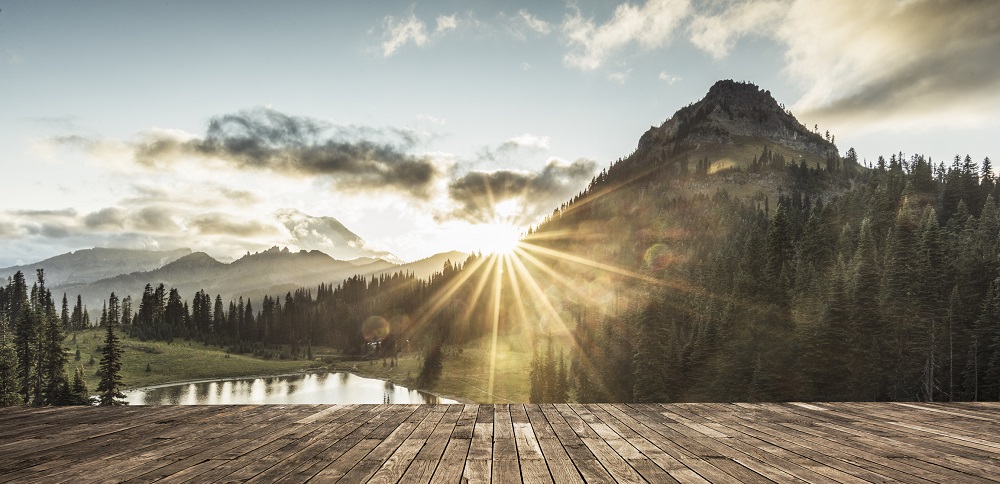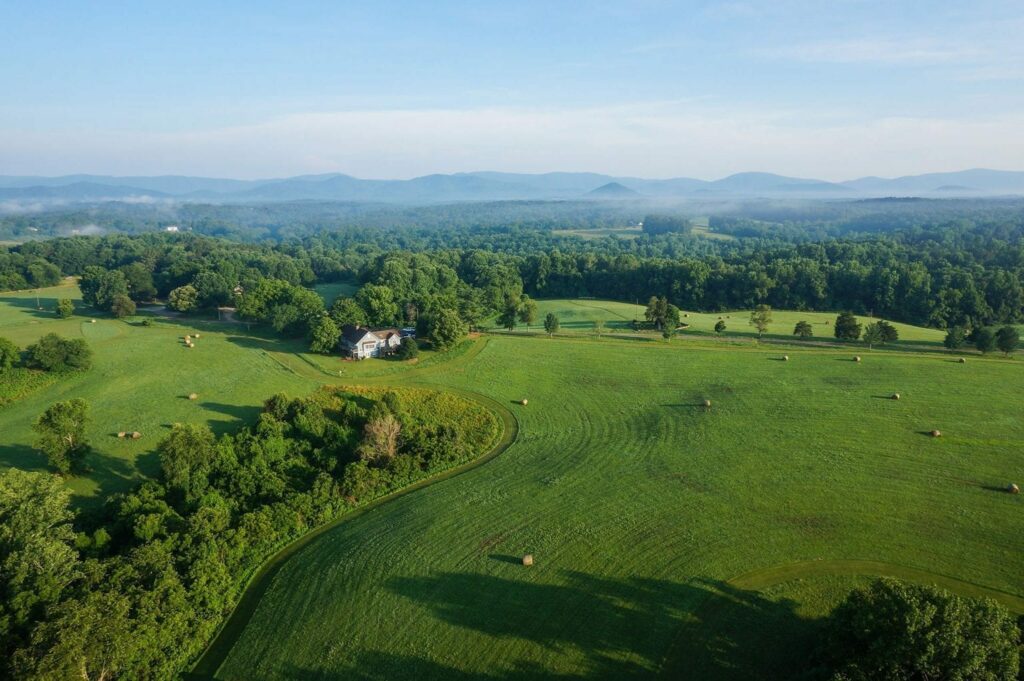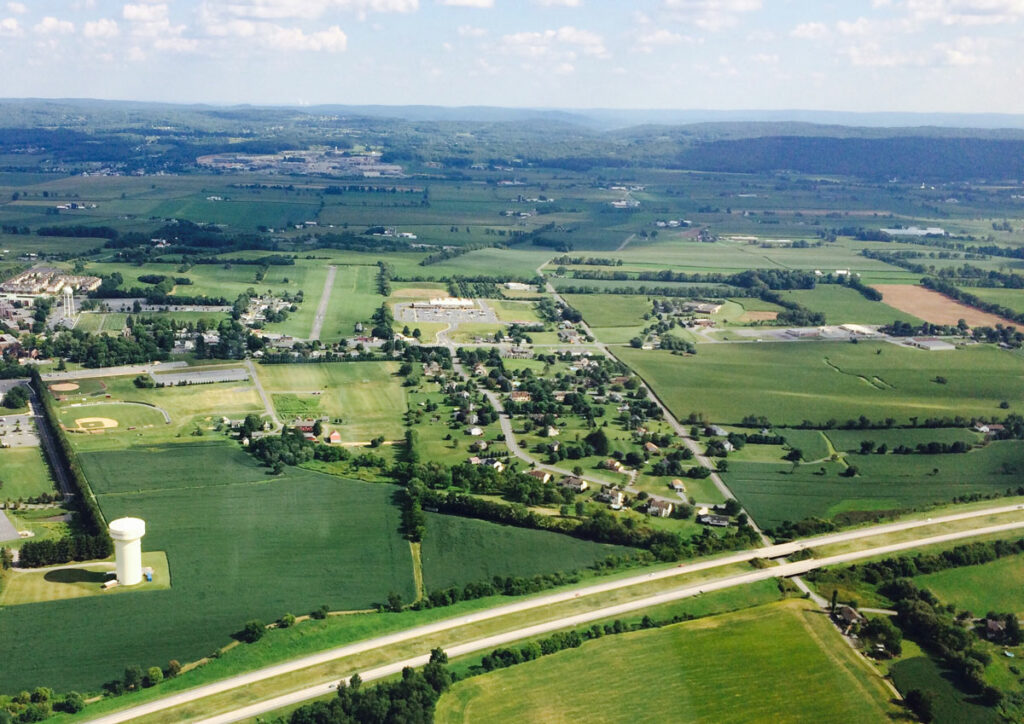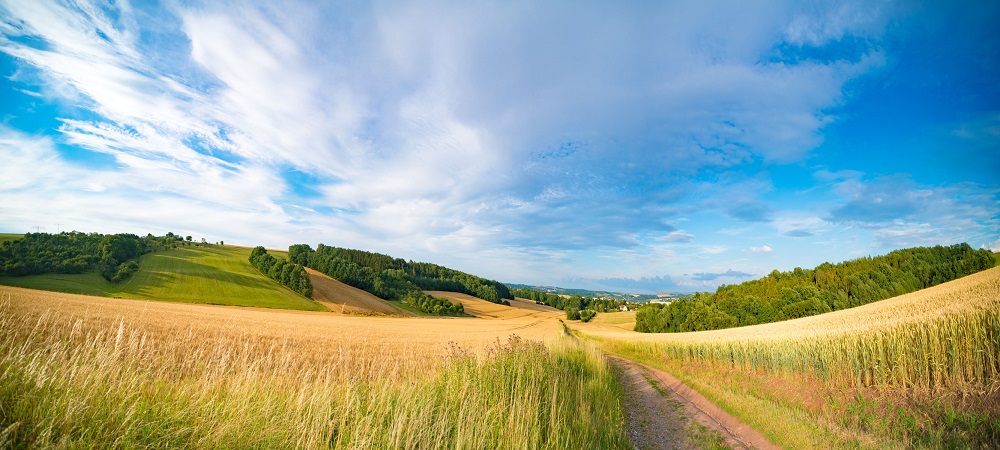Washington State Sees a Surge in Large Solar Projects
Gov. Jay Inslee has been a strong proponent of large-scale or “utility-scale” solar installations since 2019 when a law passed calling for the end of electricity production from coal and natural gas by 2045. As local officials continue to combat climate change, the power industry in the sun-drenched region east of the Cascades is being redefined.
But legislation isn’t the only driving factor for Washington’s surge in large solar developments. The rapidly falling cost of photovoltaic (PV) panels is also increasing interest in solar power. Plus, the chance to earn a lucrative income by leasing out acreage to solar developers has traditional farmers rethinking how they want to use their land.
Solar Farms in Washington State
More than 20 solar farms covering over 22,000 acres are currently in the planning or building phases across the state. One of the largest of these is the Horse Heaven Hills project in Benton County, a $1.7 billion installation that could include up to 244 wind turbines and several solar sites covering more than 6,500 acres. Running at full capacity, the farm could generate up to 1,150 megawatts (MW) of power. Even at partial capacity caused by the ups and downs of solar and wind, the project is expected to power some 275,000 homes.
The proposed lease fees for solar farms often far exceed the per-acre earnings farmers and ranchers traditionally earn. This is especially true in places like Horse Heaven Hills, where farmers have long struggled to coax profitable yields from their arid lands. Consider that a 40-acre community-scale solar project in Washington could come with lease payments of $2,500 per acre per year with a 2% escalator. This amounts to $100,000 in income the first year alone, with a 2% increase every year after that.
If You’re a Landowner, Act Now!
Do you own land in Washington State? If so, you may be interested in leasing some of your property to a solar developer. Chances are you have already been approached by one company or another with offers to convert your open space into an energy-generating solar farm. But how do you know which developer is a good match for you? After all, you may not want to sign on the dotted line with the first company that comes knocking.
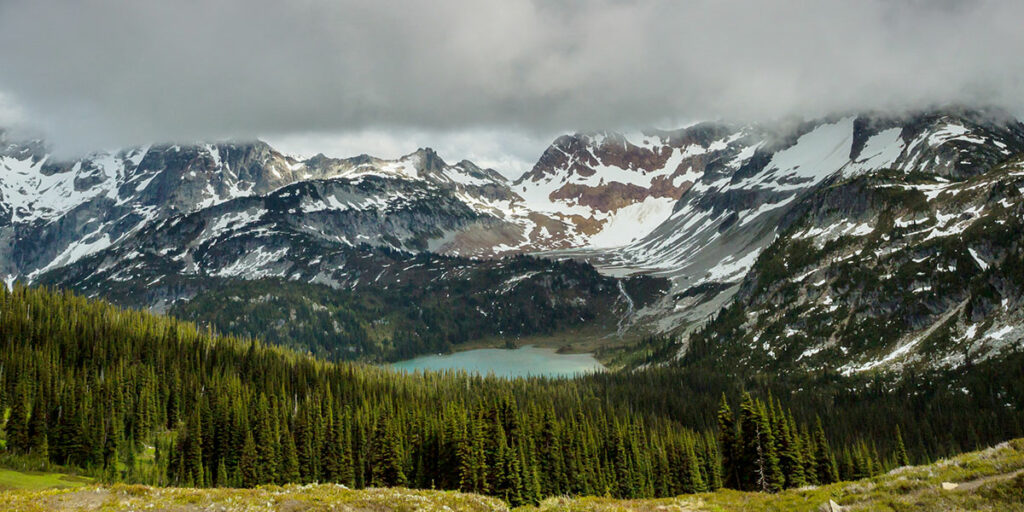
That’s where Scout Land Consultants comes in. We are experts in community- and utility-scale solar projects and can help you weigh the pros and cons of working with different developers.
With us by your side helping you navigate the process, you’ll have the best chance of seeing your project to completion and reaping the financial rewards for decades to come. Contact us today for a complimentary site evaluation.
